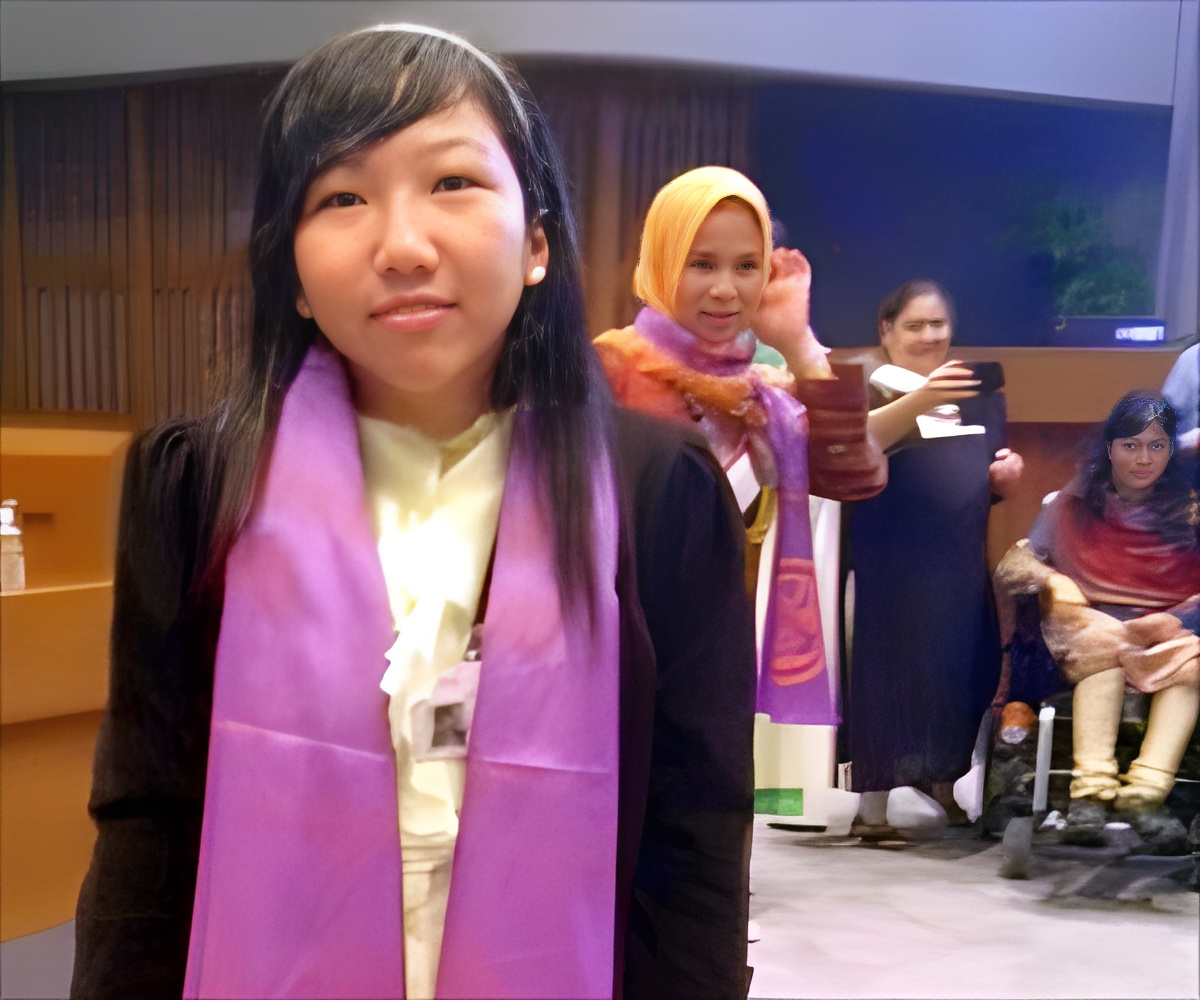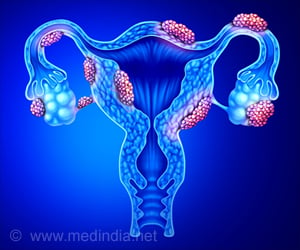Migration into exploitative work is continually on the rise, living wages and decent work conditions are being denied and with deadly consequences.

"My name is Erwiana Sulistyaningsih. I am 23 years old, and come from a poor peasant family of Indonesia and am a former domestic worker from Hong Kong. I did my high school and then wanted to go to the University, but because my family had no money for this I started working as a restaurant service worker in Jakarta. The pay was very low. I still dreamt of going to the University because with a graduation degree it would be easier for me to find a good job. As I really wanted to bring a change in my life, and the pay in Jakarta was not enough I decided to be a migrant worker abroad”.
“I chose Hong Kong because it is said to be a safe country and I had heard no news about migrant workers being abused there. So I applied through a private recruitment agency and I stayed in a training centre for 8 months and finally I flew to Hong Kong in 2013. When I arrived in Hong Kong all my papers, such as my passport and employment contract, were taken by my agency and I began working as a domestic help. My employer was very rude, beat me up, would only let me sleep only for 4 hours a day and did not give me sufficient food to eat.
I was not allowed to go out or speak with other people or use the telephone. So I decided to run away from her. I called up the agency in Hong Kong for help. But they told me to go back to the employer’s house. 8 months of abuse and torture left my body badly bruised and in pain. So one day she decided to send me back to Indonesia. She brought me to the airport, helped me check-in, and then left. She threatened to kill my family if I ever spoke of my plight to any other person. Abandoned at the airport and unable to walk, I luckily met an Indonesian lady who not only helped me reach home but also took a photograph of my injuries and posted it on her Facebook.”
The social media spread the news far and wide, putting the spotlight on the plight of a vulnerable and often invisible population—migrant workers.
“Finally my case was taken up by the Indonesian Network of Migrant Workers and Asian Migrant Workers’ Coordinating Body to fight for justice for me. Around 5000 people marched on the streets of Hong Kong demanding justice, and finally the Hong Kong government took up my case. My case is under investigation and the trial will be held in December next month (December 2014) in Hong Kong”.
Advertisement
“My case was finally exposed because of the unity of the migrant workers’ movement in Hong Kong. I am happy that through my case more such cases of exploitation are being exposed and given more attention. I hope that both—the sending as well as receiving governments-- will give more attention to the protection of migrant workers. I hope there is no more exploitation against migrant workers, against women and no more cases like me”.
Advertisement
Speaking to Citizen News Service (CNS), Erwiana said that the worst is over for her-- “I returned from Hong Kong on 10th January 2014. I was awarded a scholarship by Sanata Dharma University in Yogyakarta where I am now studying financial management”.
She lamented that, “Because of poverty, many young girls cannot go to school or do higher studies. As their education is low, even if they get a job (which is not easy to find in our country) the salary is very low and they get forced into migration. But now there is some hope from the new government in Indonesia– we are hopeful they will continue to act on the cause and provide more jobs.”
Message:
“As women and girls we need to raise our voice against exploitation. We need to unite in this fight against discrimination and exploitation which many girls and women face.”
Erwiana's testimony is symbolic of women’s struggles against human rights violations in the Asia Pacific region—promises of Beijing Platform for Action (BPfA) left unfulfilled, and women’s rights left unprotected.
Ref: Shobha Shukla, Citizen News Service.
Source-Medindia









